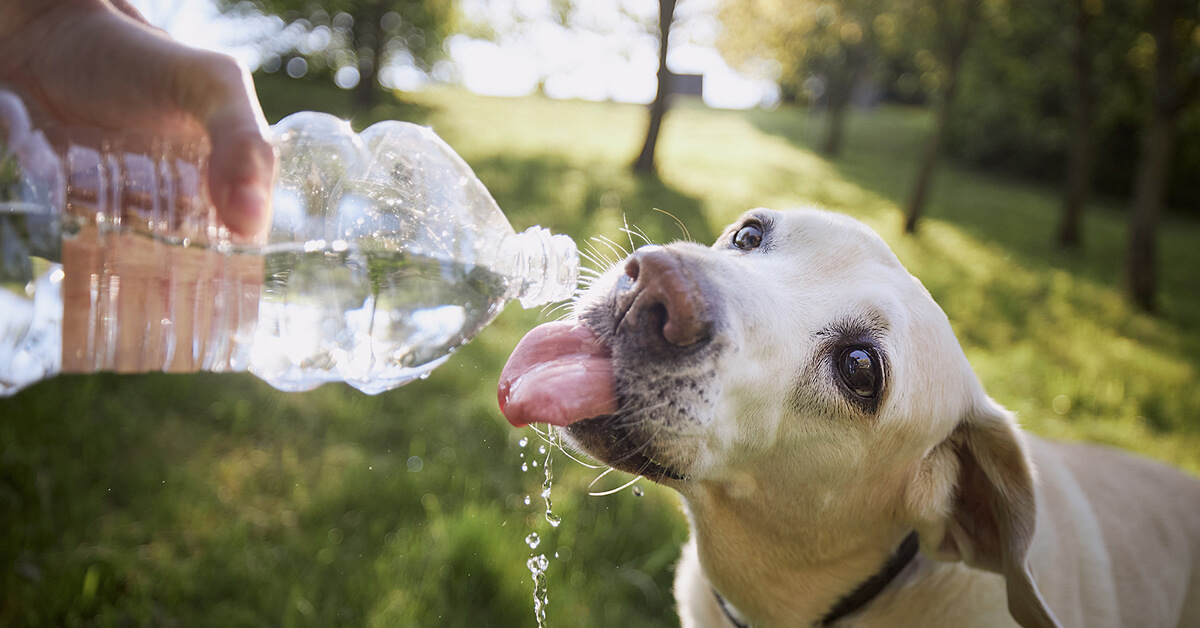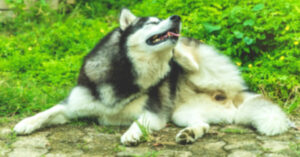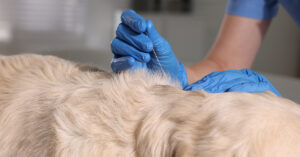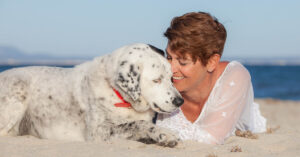As temperatures rise during the summer months, ensuring the well-being of your pets becomes a critical responsibility. Veterinarians emphasize the importance of implementing specific practices to keep dogs and cats cool and healthy during hot weather. This article provides valuable insights from a veterinary perspective, offering practical tips to maintain your pets’ health and comfort throughout the summer.
Understanding the Risks of Heat for Pets
Before delving into specific tips, it is important to understand the risks that high temperatures pose to pets. Dogs and cats are vulnerable to heat-related illnesses such as heatstroke, dehydration, and sunburn. These conditions can be fatal if not addressed promptly. Therefore, maintaining a cool environment and providing adequate hydration are essential to safeguarding your pets’ health during the summer.
Temperature Control and Monitoring
Providing a Cool Environment
Maintaining a cool environment is crucial for preventing heat-related illnesses in pets. Ensure that your home is well-ventilated and equipped with fans or air conditioning. If you do not have air conditioning, consider placing cooling mats or damp towels in your pets’ resting areas. Avoid placing your pets in direct sunlight and provide shaded areas for outdoor activities.
Regular Temperature Checks
Monitoring your pets’ body temperature is essential, especially during heatwaves. The normal body temperature for dogs and cats typically falls between 101°F and 102.5°F (38.3°C to 39.2°C). If you suspect your pet is overheating, use a rectal thermometer to check its temperature. Indicators of overheating include excessive panting, drooling, a rapid heartbeat, and lethargy.
Hydration and Nutrition
Access to Fresh Water
Ensuring your pets have constant access to clean and fresh water is vital. Place multiple water bowls around your home and outdoor areas and refill them regularly. During hot weather, adding ice cubes to water bowls can help keep the water cool. Additionally, wet food can assist in maintaining your pet’s hydration levels.
Balanced Diet
A balanced diet is crucial for your pets’ overall health. In the summer, consider incorporating more wet food into their diet to aid in hydration. For specific dietary recommendations tailored to your pets’ health needs, consult your veterinarian.
Grooming and Skin Care
Regular Grooming
Regular grooming helps keep your pets cool by removing excess fur that can trap heat. Regularly brush your pets to remove loose hair and prevent matting. However, avoid shaving your pets’ fur, as it can expose their skin to sunburn. Instead, opt for a trim to keep their coat manageable.
Skin Protection
Pets with light-colored fur or thin coats are more susceptible to sunburn. Apply pet-safe sunscreen to areas with little fur coverage, such as the nose, ears, and belly. Consult your veterinarian for suitable sunscreen products for your pets.
Exercise and Activity Management
Adjusting Exercise Routines
Modify your pets’ exercise routines during the summer to avoid the hottest parts of the day. Schedule walks and playtime in the early morning or late evening when temperatures are cooler. Avoid vigorous activities during peak heat hours to prevent overheating.
Indoor Activities
Engage your pets in indoor activities to keep them entertained and active without exposing them to the heat. Provide toys, puzzles, and games that stimulate their mind and body. Consider setting up a small pool or a sprinkler in the backyard for water play, which can help keep them cool.
Regular Health Checks
Veterinary Visits
Regular veterinary visits are crucial for monitoring your pets’ health and addressing any concerns promptly. During the summer, schedule a check-up with your veterinarian to ensure your pets are healthy and receive any necessary vaccinations or treatments.
Recognizing Heat-Related Illnesses
Be vigilant in recognizing the signs of heat-related illnesses in your pets. Symptoms of heatstroke include excessive panting, drooling, vomiting, diarrhea, and collapse. If you suspect your pet suffers from heatstroke, move them to a cool area, offer water, and contact your veterinarian immediately.
Conclusion
Ensuring your pets’ well-being during the summer months requires a proactive approach to managing their environment, hydration, nutrition, and activity levels. By implementing these veterinary-approved tips, you can help keep your furry friends cool, comfortable, and healthy throughout the hot weather. Regular monitoring and preventive measures are key to safeguarding your pets from the risks of heat-related illnesses.
At Laguna Beach Veterinary Medical Center, our veterinarians specialize in integrative medicine, combining both holistic and conventional treatment methods to ensure your pet receives comprehensive care. With certification and training in traditional and advanced holistic veterinary practices, our professionals deliver compassionate and unique healing techniques.
Call (949) 464-1000 to schedule an appointment with Dr. Cohen or Dr. Kruger today.



